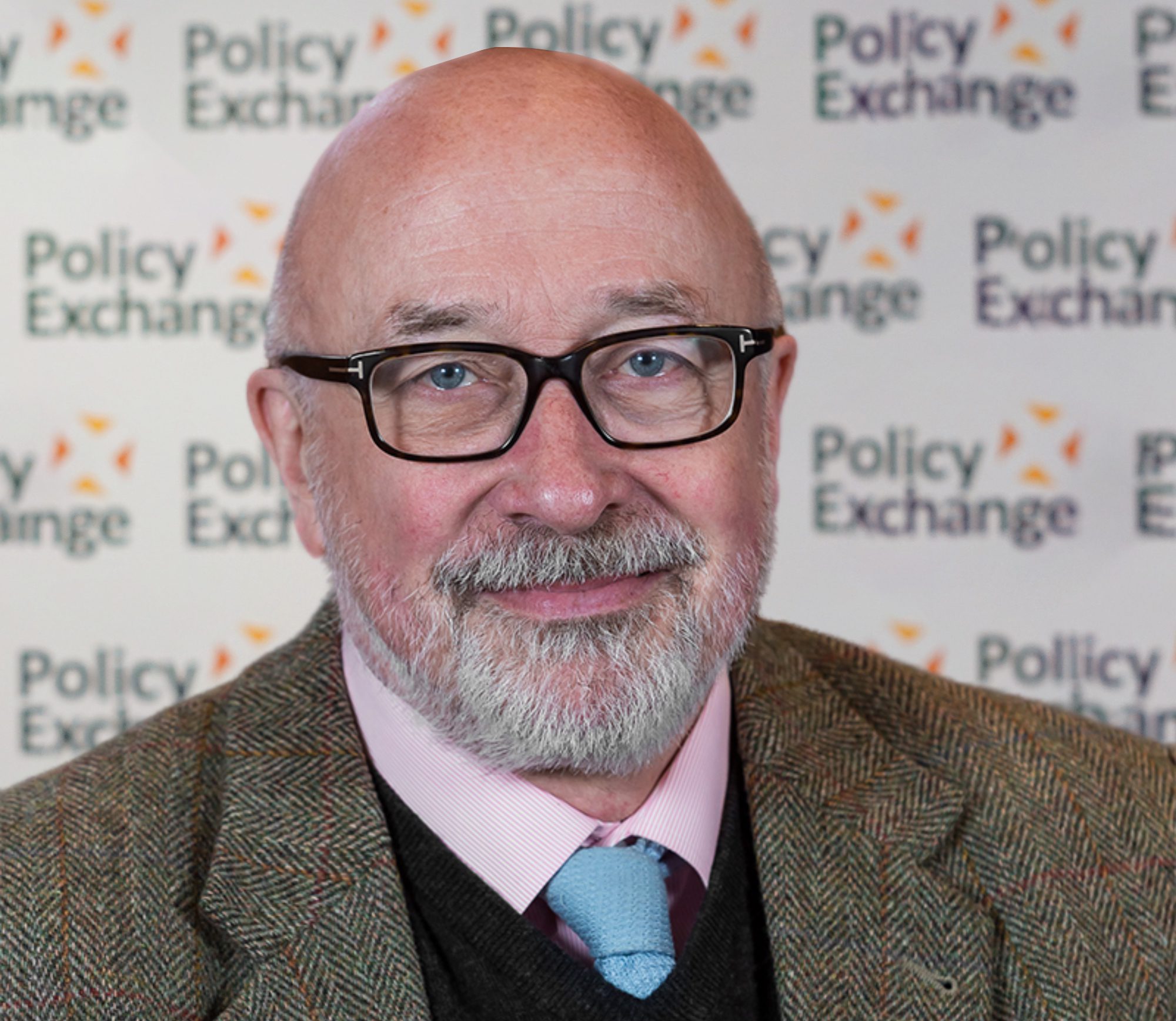The Swiss German-language newspaper of record, the Neue Zürcher Zeitung, carried an interview on 5 February with Alice Schwarzer, one of the the most prominent feminist activists in Europe over the last 50 years, a former student of Michel Foucault and an associate of Sartre and Beauvoir. The interview concerns the proposed ban on the face covering for women (the niqab or burqa), which will be decided in a referendum on 7 March. The Federal Government has recommended rejecting the proposal. Schwarzer argues passionately that it should be accepted. Her arguments are based on claims about human dignity, the equal worth of women, the way in which the veil in general is a reflection of the subordination of women to men in Islamic jurisprudence, and the use by Islamists of this jurisprudence to promote Islamist-inflected norms within Muslim communities in Switzerland and in Europe more widely.
Schwarzer is a controversial figure and the interviewer asks some penetrating questions about the evidence-base for her claims, to which Schwarzer responds. She dismisses the claim that the veil offers security against predatory male attention and asserts that a decision to adopt the veil cannot be a mark of independence or self-determination. She fiercely rejects accusations of racism and Islamophobia, which she says have been levelled at her by an opportunist coalition of Islamists and Leftists, though she considers herself personally on the Left. Schwarzer also says she favours a ban on the hijab (the head scarf) only in schools and the public service.
For balance, the interview is linked to another one with a Swiss Muslim convert (under a pseudonym) who defends the full veil as a mark of religious devotion, courage and self-confidence. She makes familiar arguments about the need to separate men and women, because of their different natures and roles and as a marker of Islamic orthopraxy. She says it would be a challenge if any of her daughters wished to adopt a secular lifestyle.
All of this again reflects the increasingly wide and open public debate on these matters across Europe.

